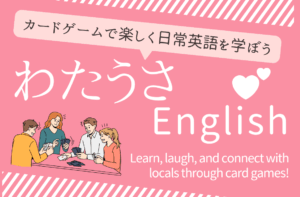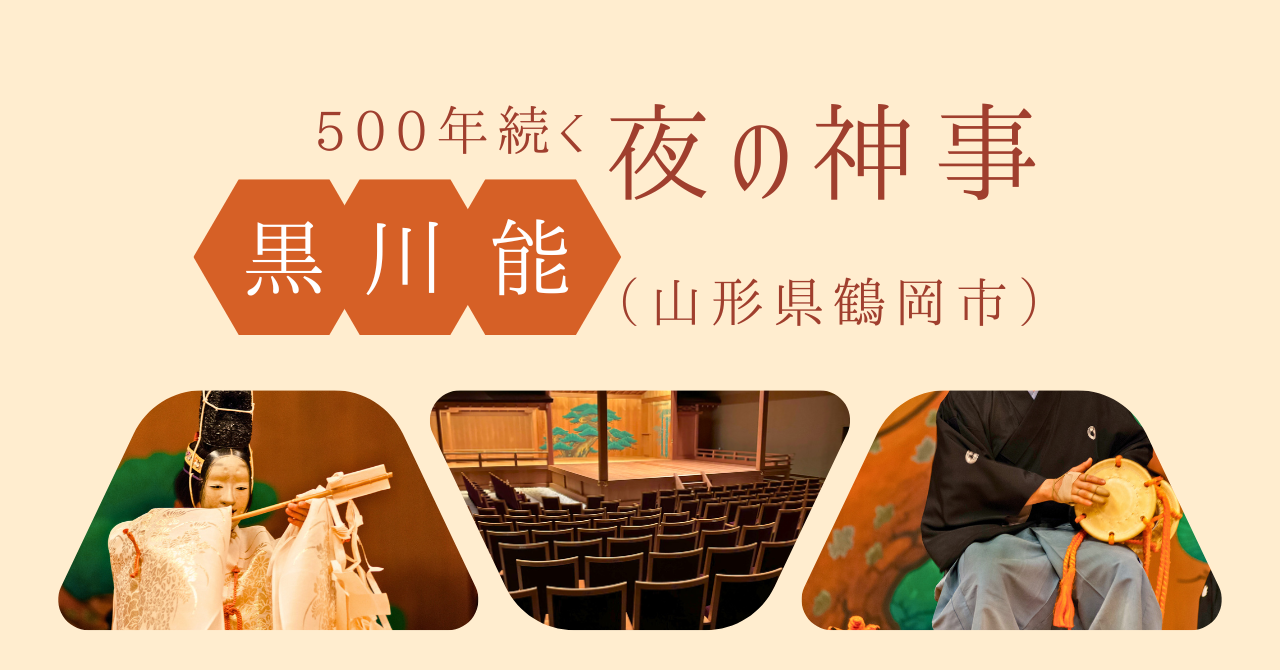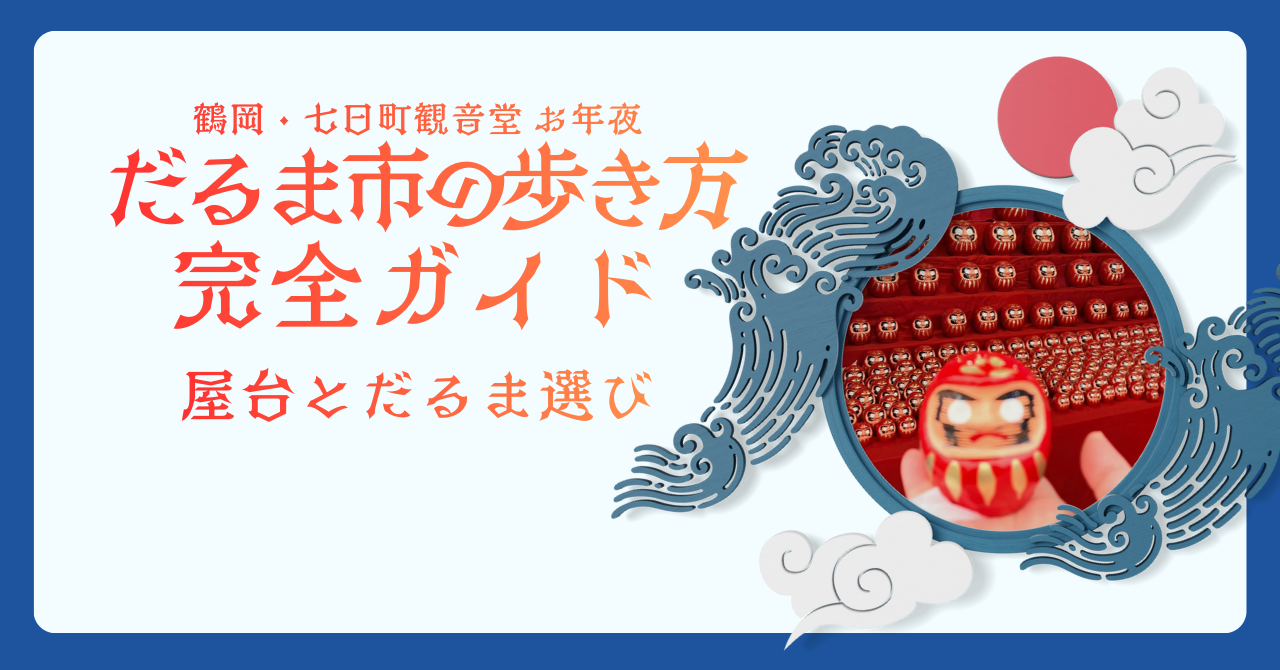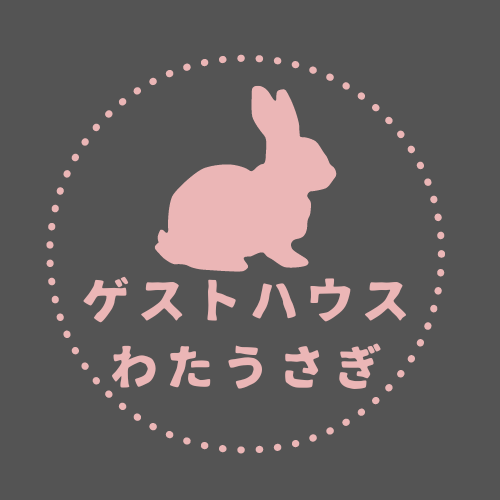A traveling couple from France arrived at Watasagi, a small guesthouse in Yamagata. Their names are Theo and Leoni.
The two had traveled all over Japan during long vacations and were deeply interested in Japanese culture and language.
During his stay, when he participated in the “Watasa English Card Game Night”.
Watawusa English" is a group of people who play card games, interact with local residents and guests, and learn English, Japanese, and other multilingual languages.
This is a scene from a card game night. The topic was, “What is your favorite Japanese word?” The topic was "What is your favorite Japanese word?
Theo answered--“Komorebi” Leoni was a little embarrassed--“Once in a lifetime”
Today, I would like to describe a series of episodes that began from this point.
Theo fell in love with the word: “Komorebi”.
Komorebi" refers to the sunlight that softly shines through the leaves of trees to the ground.
Theo fell in love with it as soon as he heard the sound of it and what it meant.
This word doesn't exist in French as a single word."
When he said that, I thought, “Well, what do you say?” I thought, "Well, how do you say it? He said that the only way to describe “komorebi” in French is to use a very long sentence.
According to chatGPT, this is how “komorebi” is expressed in French.
“La lumière du soleil qui traverse les feuilles des arbres.”
Sunlight filtering through the leaves of the trees.
Of course, it gets the message across, but it's ...... long and lacks emotion!
In Japanese, only one word can describe it, including its light and shadow, brilliance and dazzle, and even stillness.
Theo, though a foreigner, spoke passionately about the beauty of the Japanese language.
That's right. Komorebi is not just a depiction of nature, it is a Japanese art form that expresses the very sense of living in harmony with nature.
It was an episode that clearly showed that he, a foreigner, felt the beauty and depth of the Japanese language and was interested in it.
Words that confused 🍙theo: “Itadakimasu”.
It seems that “Itadakimasu” was one of the most mysterious words Theo found in learning Japanese.
He said he found it interesting that the words he uttered before the meal had different meanings.
First of all, before eating, we Japanese join our hands together and chant “Itadakimasu” (Thank you for the food). I remember that we have been saying it together as a matter of course since I was in kindergarten.
In France, they have a similar pre-meal ritual. However, the words chanted at this time are completely different between Japan and France.
Itadakimasu" in Japan
The Japanese word “Itadakimasu” is an expression of gratitude that is softly recited to one's inner self.
To the food that gave us life. To the people who grow them. To the people who cook the food. To those who set the table. And to the day, this time, and myself here.
Itadakimasu" is said as if taking a breath, expressing gratitude for all that we have received.
Itadakimasu" in France
In French, “Bon appétit” is a word exchanged before a meal. It means “enjoy your meal” or “have a good appetite,” and is a lighthearted greeting to the other person. It is strongly recognized as a form of social etiquette and a way of showing consideration for others, and although it is said before eating, it is said to be more for the purpose of “relaxing the atmosphere” rather than “thanking life”.
By the way, if you want to say to everyone in French, "Come on, let's eat! (Mangeons!). However, I feel that this also has a different meaning from “Itadakimasu” in Japanese.
Itadakimasu" is also not in French.
In France, “Bon appétit” is a well-established greeting before a meal, but it is a lighthearted phrase that is intended only for the other person, with the nuance of "please enjoy your meal. It does not include the spiritual meaning of “to take life” or "to express gratitude.
But really, as Theo said, is there no word in French that has the same meaning as “Itadakimasu”? I asked CHATGPT about this as well.
The answer is “no.” ❣️
So, how would you express the gratitude and prayer behind “Itadakimasu” in French? I asked chatGPT....
Je remercie les êtres vivants dont la vie me nourrit,
ainsi que toutes les personnes qui ont contribué à préparer ce repas.
C’est avec gratitude et respect que je commence à manger.
(Thank you to all the creatures who have given us life and to all who have prepared this meal. We will now eat with gratitude and respect.)
It seems to end up in a long prayer-like sentence like this 😆 It is amazing that in Japanese it can be expressed with just one word, “Itadakimasu” ❣️ Here again, we can reconfirm the excellence of the Japanese language 🥰.
summary
Japanese words like “komorebi” and “itadakimasu” are seemingly simple, but in fact have deep meanings.
Through the eyes of Theo and Leoni, I was reminded once again of how much beauty and values are contained in the words we are exposed to every day.
You can paint a landscape with just one word. Japanese is a very profound language. I don't think there are many foreigners who can understand this depth. Not so many Japanese, either.
It was Watanusa English where we could notice many differences in language and culture 🥰 We would like to continue to welcome many guests and experience languages and cultures of various countries ❣️
That's all for today's article.







